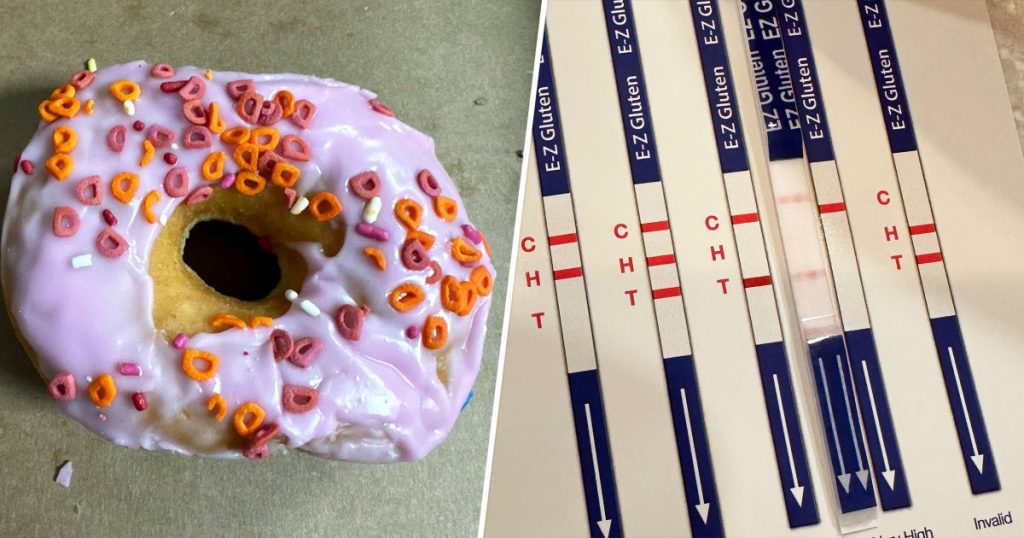The New York Division of Food Safety and Inspection is investigating allegations that a baker resold doughnuts from Dunkin’ as vegan and gluten-free treats she made herself. The accusation was made by Cindysnacks, a vegan market in Long Island, against The Savory Fig, a Long Island vegan bakery. The ordeal began when John Stengell, co-owner of Cindysnacks, noticed that the sprinkles on a doughnut from The Savory Fig looked similar to Dunkin’s and the doughnut appeared different from the rest of the order. When gluten and ingredient tests showed the doughnut contained gluten, the Stengells cut ties with The Savory Fig. Dunkin’ products contain eggs, milk, and wheat, making them unsuitable for vegans and those with gluten allergies.
Since the allegations were made, The Savory Fig has shut down its Instagram page and has received negative feedback on its Facebook page. Cindysnacks has stated that they will not give further interviews on the matter and have contacted New York’s Division of Food Safety and Inspection as well as the Suffolk County Department of Health. Both departments are conducting investigations into the home processing business. Online, people have shared their experiences living with celiac disease and food allergies in response to the accusations. A Redditor with celiac disease mentioned the serious consequences of consuming gluten for individuals with the condition.
Dr. Charlene Van Buiten, an Assistant Professor at Colorado University, explains that consuming gluten affects those with gluten intolerance and celiac disease differently. Celiac disease is an autoimmune disorder in which gluten causes damage to the intestines. Adherence to a gluten-free diet can help repair the intestinal damage caused by celiac disease. On the other hand, gluten intolerance is characterized by symptoms like bloating, nausea, and brain fog when gluten is consumed. Dr. Purvi Parikh, an allergist and immunologist at NYU Langone Health, highlights the importance of transparency in food labeling and ingredients, especially for individuals with wheat allergies. She recommends being well-versed in reading labels to ensure safety.
The Stengells’ experience has raised concerns about the importance of accurate food labeling and transparency in the food industry. It also highlights the potential dangers for individuals with celiac disease, gluten intolerance, and wheat allergies. The investigation by New York’s Division of Food Safety and Inspection and the Suffolk County Department of Health emphasize the need to ensure the safety and proper labeling of food products. As consumers become more aware of their dietary restrictions and allergies, there is a growing demand for transparent food sourcing and preparation practices in the food industry to protect public health and safety.


